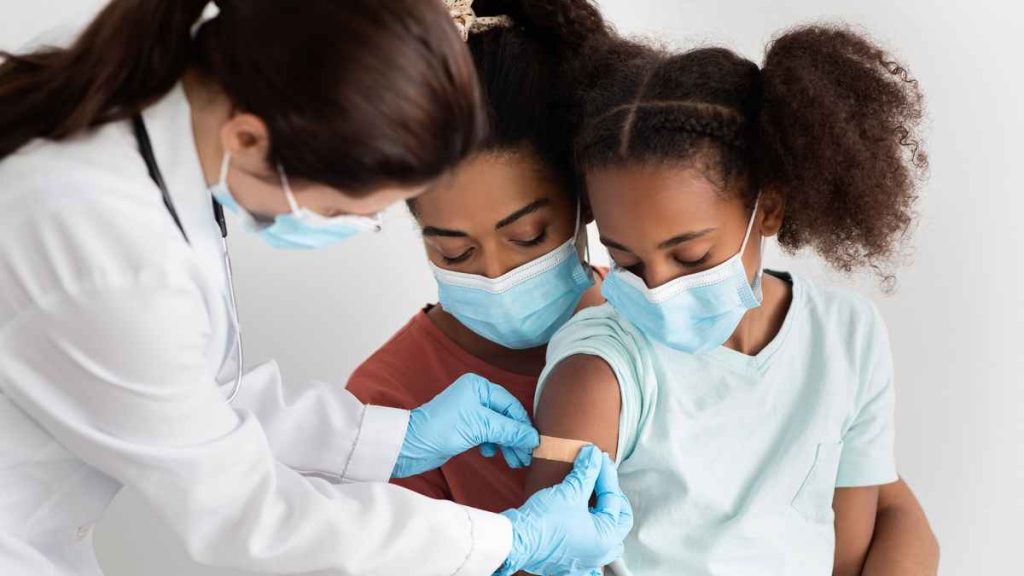Vaccination is highly recommended for a variety of reasons. Make sure you are up-to-date on recommended immunizations by consulting Dr. Varu Devesh as often as possible. Did you know that immunizations are necessary for adults as well? Those who didn’t participate are not alone. Many individuals in the United States are not getting the most excellent protection possible against a wide range of preventable illnesses because they are not aware of the immunizations recommended for them. Here are a few reasons for seeking vaccination.
1. Since their introduction, vaccines have saved countless deaths, but serious illnesses are still a constant concern
Diseases that used to damage often or kill infants, children, and adults have been considerably mitigated because of vaccines. Unfortunately, vaccine-preventable illnesses continue to cause catastrophic illness and death for people all over the globe, including in the United States. It would help if you got all the immunizations your doctor recommends.
Vaccines’ protective effects don’t always last forever, and booster shots may be necessary. To prevent tetanus infection from unclean wounds, people, for instance, should have a tetanus booster shot every ten years. If you are concerned that you may have missed being vaccinated or may need a booster shot, consult with your doctor.
2. Vaccine-preventable illnesses are still present
Sickness- and death-causing germs and viruses are still there, and they can infect people who have not had immunizations. Even though many infectious illnesses are uncommon in the United States, they may spread rapidly due to widespread international travel.
3. Peace of mind
Do you wait for an epidemic to occur before getting vaccinated? You should be immunized before an illness strikes. Because no one can predict the next outbreak, you must be up-to-date on your vaccinations.
4. Your vaccinations are safe
There is a strong emphasis on making sure vaccines are risk-free. Before recommending a vaccine, the CDC and other experts thoroughly evaluate the available safety data, and they continue to monitor vaccine safety after it has been approved. While some individuals may have more severe reactions to vaccines, most people report minor symptoms after receiving a vaccination. Redness, swelling, and pain at the injection site are the most often reported adverse reactions after vaccinations. In most cases, mild reactions clear up within a few days. It is highly unusual for vaccines to cause severe or long-lasting negative effects, and the safety of vaccines is constantly checked.
5. Even the healthiest and youngest among us are not immune to serious illness
Vaccine-preventable illnesses disproportionately affect the youngest and oldest members of society, yet anybody may become sick from them. Vaccinating while young may help you maintain good health as you enter adulthood.
6. You can help safeguard people who are unable to get vaccinations
Certain groups of individuals, such as pregnant women and those receiving cancer treatments, may not be eligible for immunizations despite being at increased risk of contracting a potentially fatal infection. They may be protected from acquiring infectious illnesses by using vaccines. Babies under one year old are at the most risk of developing life-threatening whooping cough symptoms because they cannot get the vaccine. Most contagious childhood illnesses are spread within the family, with close to 80% of cases traced back to a parent, sibling, grandparent, or other close contacts.
Vaccinations play a significant role in anyone’s health and well-being by protecting you and those around you against diseases. As such, you shouldn’t miss the vital vaccinations considering your life may depend on them.

